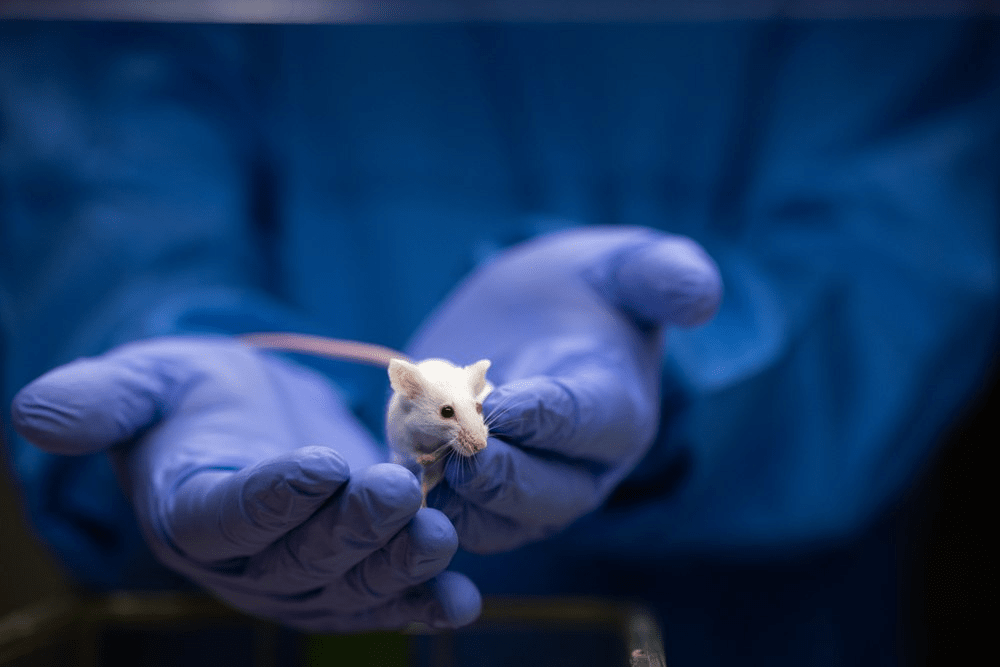🐁
A team of European scientists led by the Max Planck Institute tested a drug that may slow down aging. The experiment used a combination of two well-known anticancer agents — rapamycin and trametinib. The administration of this mixture allowed for an average lifespan extension of mice by 26-35%.
Each of the drugs has already shown an anti-aging effect on other organisms — for example, on insects and worms. However, their effect on mammals remained in question. In the new study, the drugs were administered to mice starting at six months of age. Monitoring of their condition continued until the end of their lives.
The results showed that:
◻️rapamycin extends life by 17-18%;
◻️trametinib — by 7-16%;
◻️in combination, they provide an increase of up to 35%.
In addition, the growth of tumors in mice slowed down, inflammation in organs decreased, and activity was maintained in old age. No serious side effects were recorded — only already known reactions characteristic of each drug individually.
According to the researchers, it is still too early to talk about radical life extension in humans. However, the results allow for hope that these drugs may slow the progression of diseases and improve overall health in old age.
Both drugs are already approved in the EU and the USA for other indications. This will accelerate the start of clinical trials in humans — they are scheduled to begin soon.
Source: Telegram channel RBC Trends

